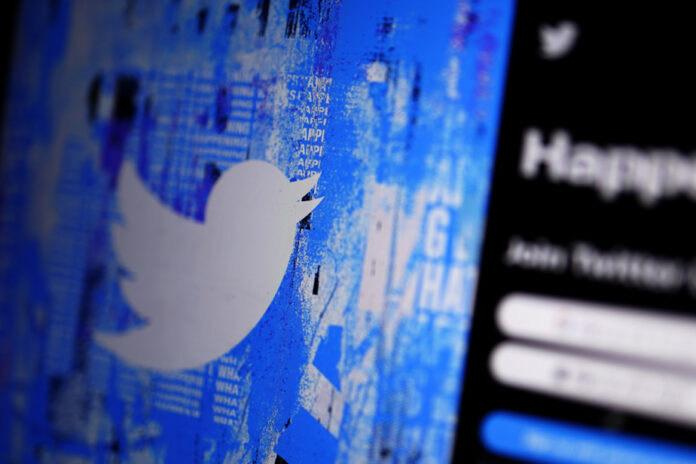(San Francisco) Celebrity accounts and other high-profile Twitter users have seen their blue ticks reappear on the social network again, but don’t know why.
Twitter last week removed blue brackets from accounts that refuse to pay monthly fees.
But the symbol mysteriously returned to many highly-followed accounts over the weekend, leading some prominent users to disavow what has become a divisive symbol of the erratic changes made to the platform by Twitter owner Elon Musk.
Accounts belonging to the Massachusetts Institute of Technology, actress Bette Midler, gymnast Simone Biles Owens, writer Neil Gaiman and rapper Lil Nas X were among the users — all with over a million followers — who made it clear on Twitter that they hadn’t paid to get their blue tick back.
“Yes, Elon gave me back my blue hook, but I didn’t pay for it,” Bette Midler wrote on Sunday. Does that make me a good person or a bad person? I’m so confused. On Monday, however, the blue tick no longer appeared on his account.
Twitter had about 400,000 authenticated users under the original blue badge system, including Hollywood actors and high-profile athletes, but also journalists, human rights activists and public organizations.
In the past, verifications meant Twitter made sure users were who they said they were, a way to prevent impersonation and the spread of misinformation.
Now anyone can purchase a “Twitter Blue” subscription starting at $8 per month. It no longer means the user is verified — other than confirming a phone number — but promises a number of features, including the possibility of more people seeing their tweets.
Elon Musk has insisted on the need for a premium service in order to increase revenue and end a “lord and peasant system” which he says allowed too many people free access to an undeserved status symbol. But only a fraction of users — and very few of those who already had blue hooks — buy the service.
An inability to sell subscriptions or find other ways to generate revenue could spell trouble for Musk, who bought Twitter for $44 billion last year. He struggled to stop advertisers, his main source of income, from fleeing the platform.















